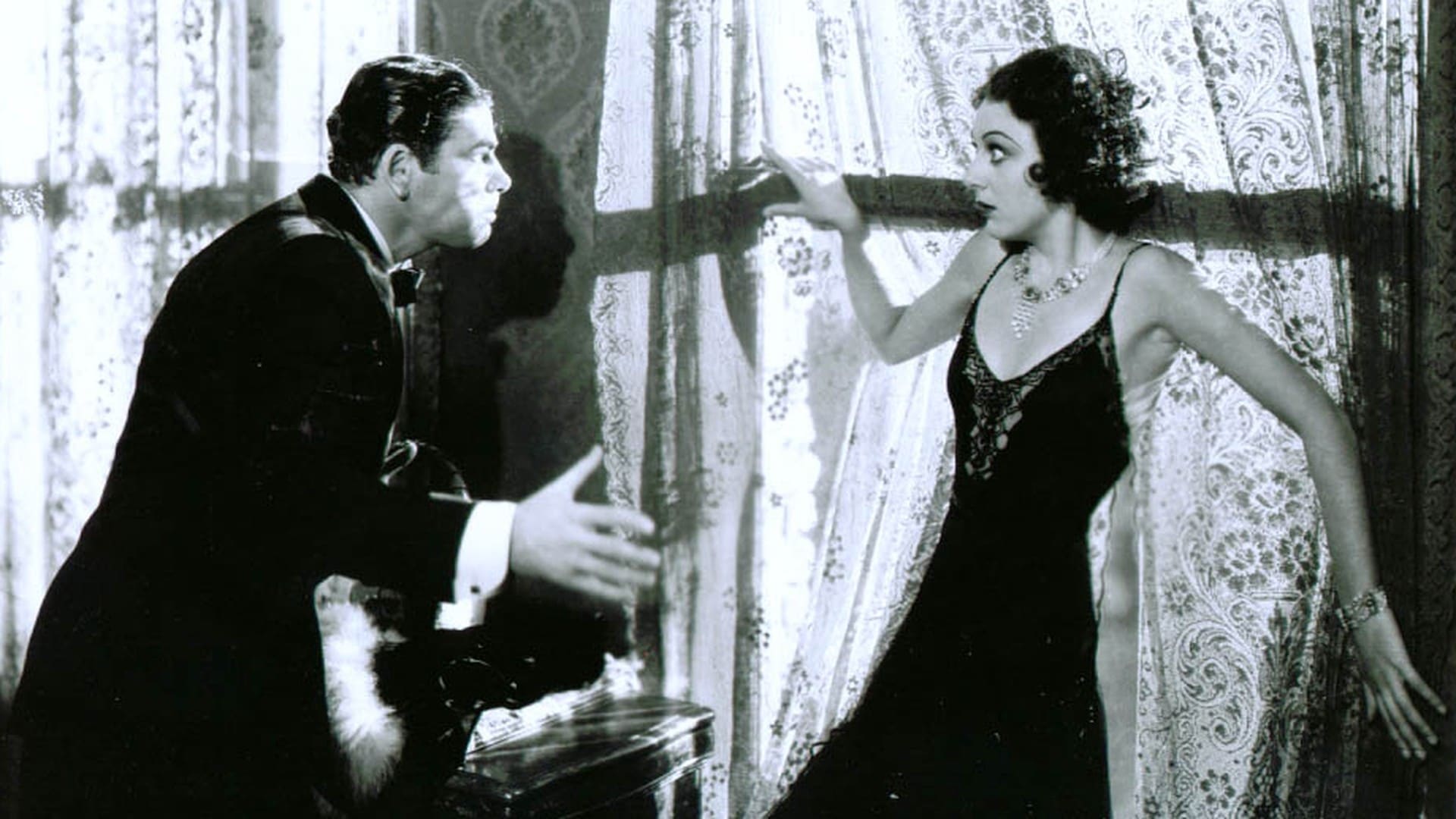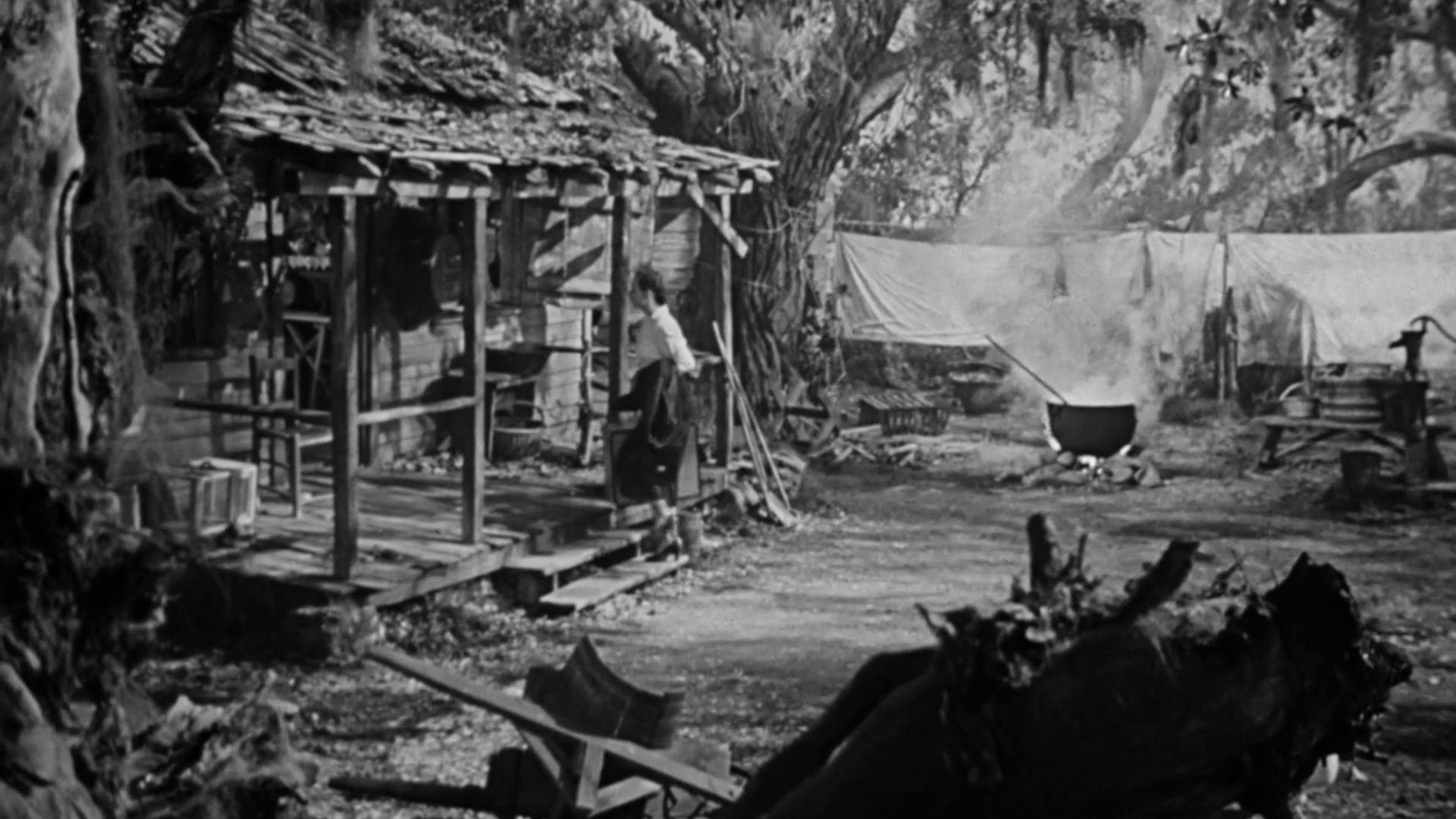Tag: production code administration
-

Pre-Code and SCARFACE’s Impact
In July of 1934, the Production Code Administration of Hollywood, or commonly recognized as the Hays Office, began to regulate Hollywood made films. But before this occurred, there was a brief four-year period from 1930 to 1934 where films had more ability to venture out and have free creative expression. Those four years, before filmmakers…
-

PINKY: Challenging and Changing the Production Code Administration
From 1930 to 1968, the Motion Picture Production Code helped guide and censor film creators in terms of what was appropriate or inappropriate for the general audience. As time progressed, the comments that the Production Code Administration (PCA) had on films went from recommendations to strict guidelines before being disbanded in 1968. While the PCA…